
Your
Questions
Answered.
I've published a few instructive articles, mostly in answer to questions I've received.

Unleash the IKEA Effect
How does IKEA get people to feel such love for the bland chipboard furniture they drag home from their monstrous stores?
An army of psychologists work for IKEA and a second army of psychologists have set about dismantling the many quirks of human psychology that are exploited by the Swedish mega brand. One particular trick they use is so effective that it, above all others, is known as **THE IKEA EFFECT**.

202+ Super-Duper Resources to Help Build Your First Product
In this carefully curated collection I give you all of the tools (but none of the guidance) to help you build your first product. Most of the tools are free unless indicated otherwise.

9 Modern Rules of SEO
Here's a summary of the best modern SEO rules.
Good SEO is more and more about common sense and having a good site.
Don't use tricks, even if you get away with it today you will be caught eventually

Completely FREE Email Capture Without Limitations
You want to capture people's email addresses, but you don't wanna pay for it.
The popular players in this space charge $100 per month (unbounce) or minimum $300 per year (lead pages). That's way too much for a crazy little side project, even one with big dreams in its eyes.

Glossary for Product Creators
Here's an ever-expanding glossary, very much an evolving document, of terminology used when bootstrapping your products.

Why the 'total product' is more important than the 'core product'?
Sometimes a superior technological product is "beaten" by an inferior competitor and a lot of early adopters are left scratching their head and moaning. "But BETAMAX is BETTER" they say. Or "but mercurial is better!" Or "Scriptaculous is better than JQuery!" and so on.

*Don't* Don't Listen To Your Customers
I was interviewed on a podcast recently and at one point one of the hosts, let's call him Steve, because that is his real name, said: 'Never listen to your customers!' And I died inside a little.

Listen to the customer's problems. Don't listen to the customer's solutions.
What if you spent all of your time and effort listening to the customer, and all you ended up creating was a car like 'The Homer'?

Why do people buy new products?
If you wish to be a product creator (and I hope that you do wish to be a product creator) you have to understand why people buy products. It sounds like a very open-ended question; like it would be different for every product. Well, I have some excellent news. As a creator of a new product, the question is much narrower: "Why do people buy new products?" and this question has one broadly-applicable answer, and it's a very useful concept to take on-board.

To Complete Humble Products, Do Not Be A Completionist!
I caught up with Doug Finke in New York a few months ago and had a really interesting conversation about many different product ideas. One of the ideas we stumbled onto, when discussing products, is an idea that is really empowering when you start to take it on board. I'll summarize it in two different ways.
Firstly, the Zefram Cochrane version:
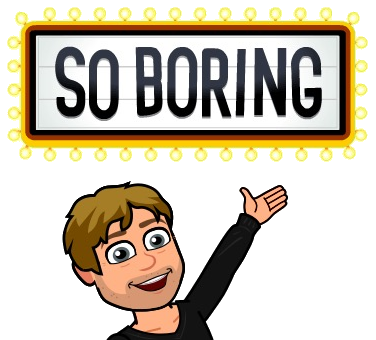
How can I write interesting content about a boring topic?
Chris Pietschmann said it best: 'Games are Cool but Boring Software Runs the World.' Fun software does not pay.
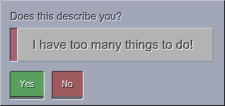
A 3 Minute Guide to Fixing All Your Productivity Problems Forever
If you're struggling with productivity, why? Here's a quick triage tool. Bookmark this guide and come back whenever you have problems.
Which of these is your problem:
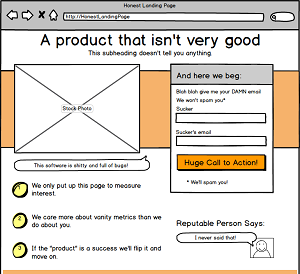
Imagine an Honest Landing Page
As part of this big ol' book I'm busy writing, I'm now investigating the murky world of Landing Pages.
It's a scary place, where hope is bought and sold by people loudly shouting:
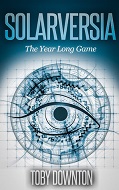
How Toby Downton Used Twitter For Hyper-Focused Marketing
Salespeople love to be sold to. I've been researching 'marketing' so hard now that I've begun to "enjoy" being marketed to. It's a very strange experience.
I recently saw a piece of "guerilla" social-media marketing that I thought was pretty impressive.
I tweeted something about the Sci-Fi book I'm reading, "Ready Player One":

Advice Alone Is Terrible (The secret of Patrick McKenzie's Success)
"I tried doing what $SuccessfulPerson did... but it hasn't worked for me."
Here is most advice from successful people in a nutshell: "The way I won the lottery is that I picked my children's birth dates as the winning numbers. So that's my advice to you! You need to have children. And you need to remember when they were born."
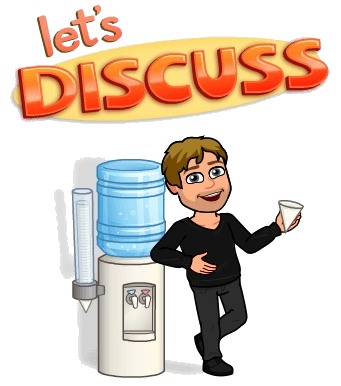
How can I protect my idea?
"I have an idea for my startup, and I've been in stealth mode so far, but I know I'll eventually need to share it with people: what can I do to protect the idea, I'm thinking NDA's, patents, trademarks, what do you recommend?"

The Basics of Gift-Based Marketing
Hello my good friend and potential paying customer ;-). Welcome to this article, I hope to give you some information that you can use to turn your life around, win your freedom, and help thousands of others in the process.
I assume you're a product developer who wants to promote a new product (possibly your first product) but you don't have any experience with "marketing". You may even think of "marketing" as about the dirtiest word in the English language. If that describes you, then I think you'll find "gift-based marketing" is the ideal way for a non-marketer to find success. Hence I think you should understand what it is, how it works, and see if it can work for you.

Are the glory days of the 'solo founder' a thing of the past?
Every few years someone will declare that N years ago was the perfect time for a solo founder: a golden age when a single developer could build a product by themself, release it, and change the world. But that time has now passed because, reasons.
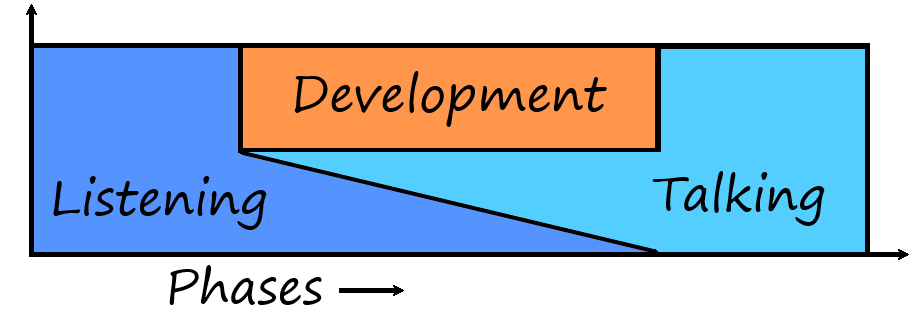
How much time should I spend on 'marketing' versus 'developing'?
This is about the most fundamental question there is, when you're developing a product from scratch.
But no one sent me this question: it's a scary question, and I think we're all afraid of the answer.
The answer to it is the secret sauce that separates products that win from products that fail.
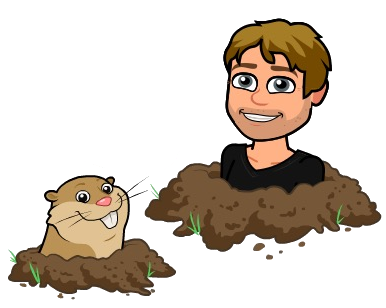
How to Win At Whac-a-Mole: The Secret To Truly Sustainable Support
Supporting your customers can feel like an endless game of whack-a-mole.
No sooner have you answered one support request than another one pops up! Whack! Whack! Whack!
And as your business grows, the problems grow right along with it. If you suck at support then every ounce of success only brings more problems!

Are small products just résumé boosters, or can you make real money?
This is a question I received from a well-respected developer. Let's call him "Nick".
Nick is highly skilled and has recently branched out into consulting. He's thinking of augmenting his consulting practice with a range of developer-focused tools. I told him to go for it, and am giving him as much advice and help as possible.
Building products is certainly a 'résumé booster' — but it is a whole lot more as well.

Don't people expect these things to be free?
Here's a comment I received from a concerned developer, let's call him 'Eric', in relation to his plan for releasing a small tool.
Considering how much Microsoft is delivering through open source, people expect all these things to be free, so charging for them seems like a failed route to start with.
It doesn't matter that some people expect these things to be free. People who think that way are not potential customers. (They might be your peers, but they're not your customers.)

How do I integrate payment options?
How do I integrate payment options? I've seen 3rd party solutions.
This is the heart of your business right here. This is the inner sanctum. The actual way that money transfers from victim customer to coder. Everything else is just for show. This is the real meat and potatoes.
Before we decide how it's done, we have to consider:
The Nightmare Scenario!

How do I know the *right* thing to work on at any point in time?
When you're a single founder there is an endless stream of things you could be working on.
Bob Walsh, author of "MicroISV from Vision to Reality" called his blog called '47 Hats' because he said there were 47 different roles that a MicroISV founder needs to take on.
You can't work on 47 things at once — so what should you be working on?
There are always exactly FOUR things to focus on:

A Simple Tip To Help With Beginner's Mind
When you're building a product you need to view your product from the customer's point of view. You need to see it with "fresh eyes", with the eyes of a beginner.
This is very hard to do. In fact, it's impossible. But you must try. There are many things you can do to achieve this. Right now, I want to show you just "One Weird Trick."
My book "Choose Your First Product" is available now.
It gives you 4 easy steps to find and validate a humble product idea.